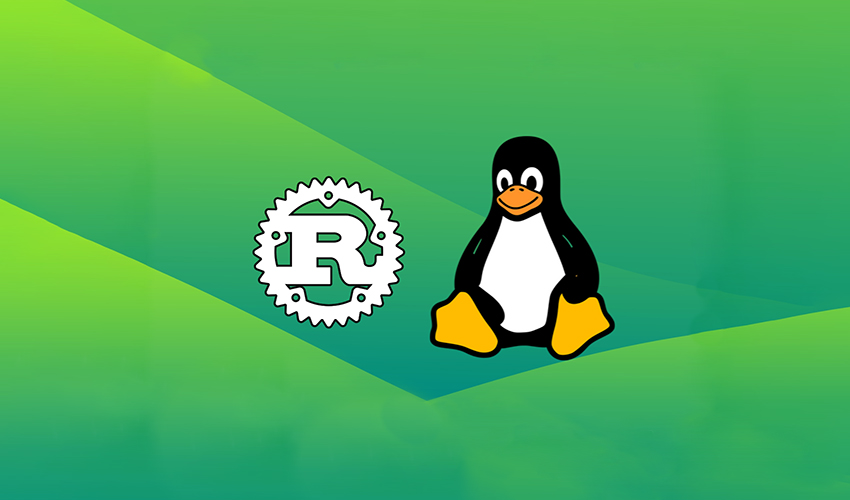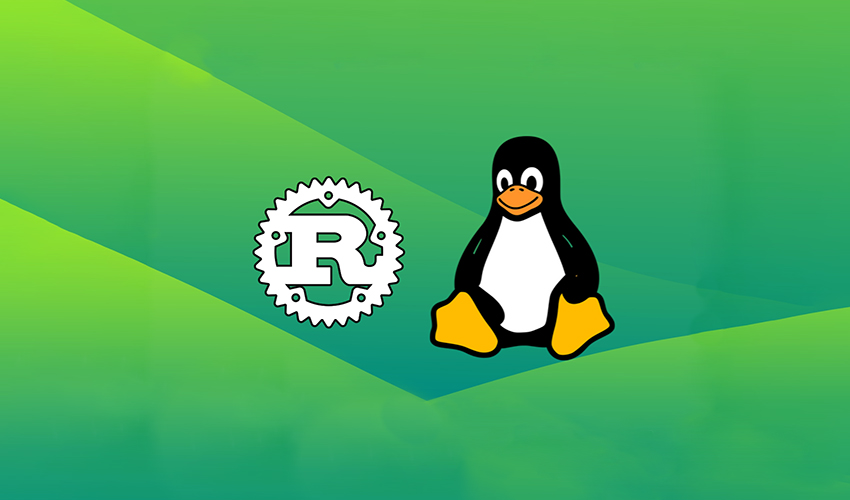
When Rust first made its way into the Linux kernel in late 2022 (mainline inclusion began with version 6.1), it didn’t merely introduce a new programming language, it marked a profound shift in how we ensure operating system resilience. This article dives into why that matters, how it’s being implemented, and what it could mean for Linux’s long-term robustness.
Tackling the C Legacy: A Fragility Problem
For over three decades, the Linux kernel has been maintained in C, a language that offers both raw control and notorious pitfalls. Manual memory juggling in C leads to high-risk bugs: buffer overflows, phantom pointers, heap corruption, and race conditions. In fact, memory safety issues account for around two-thirds of all kernel vulnerabilities.
Enter Rust: a systems language designed to eliminate whole classes of these errors through strict compile-time checks, without sacrificing low-level efficiency.
Rust’s Safety Toolkit: What Sets It Apart
Rust’s most powerful features for kernel reliability include:
Ownership semantics & the borrow checker
These enforce rules about who owns a piece of memory at compile-time, no dangling pointers, no double frees.No runtime garbage collector
All abstractions compile down to efficient machine code, ensuring performance remains rock-solid.Race elimination for free
Rust-language concurrency prevents data races statically, eliminating a whole breed of timing-related bugs.
Combined, these attributes strip away entire categories of vulnerabilities that plague C-based code.
A New Layer: The Rust-for-Linux Framework
The groundwork for Rust modules in Linux was laid with kernel 6.1, and by version 6.8, the first experimental Rust drivers, covering areas like network PHYs and panic QR logging, were accepted. These drivers coexist with traditional C components, forming a hybrid architecture where Rust is used for new drivers while C remains the backbone.
Crucially, this integration includes:
A Rust bindings crate to interface safely with C internals.
A kernel crate that wraps core kernel structures and APIs for Rust consumption.
This layering enables gradual Rust adoption, developed drivers, not wholesale rewrites.
Early Results: Fewer Bugs, More Confidence
Evidence is already showing promise:
Memory safety vulnerabilities drop out as code gets written in Rust, tackling roughly two-thirds of past CVEs.
Kernel maintainers are noticeably more comfortable merging Rust patches, citing the added rigor from the borrow checker.
Source: Read More
